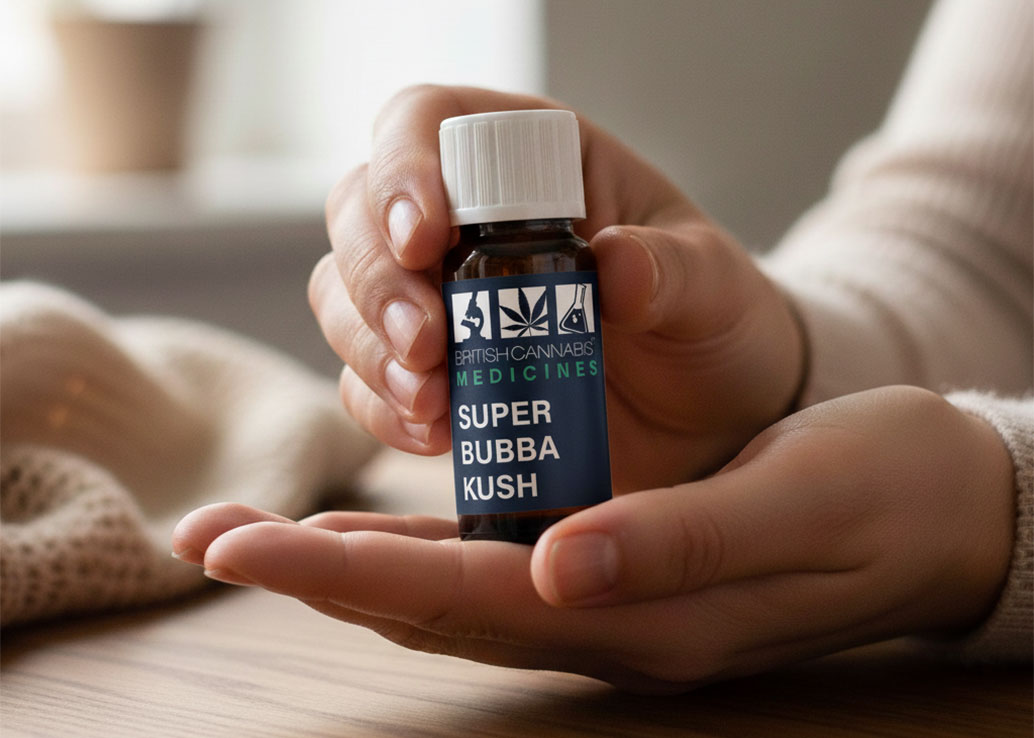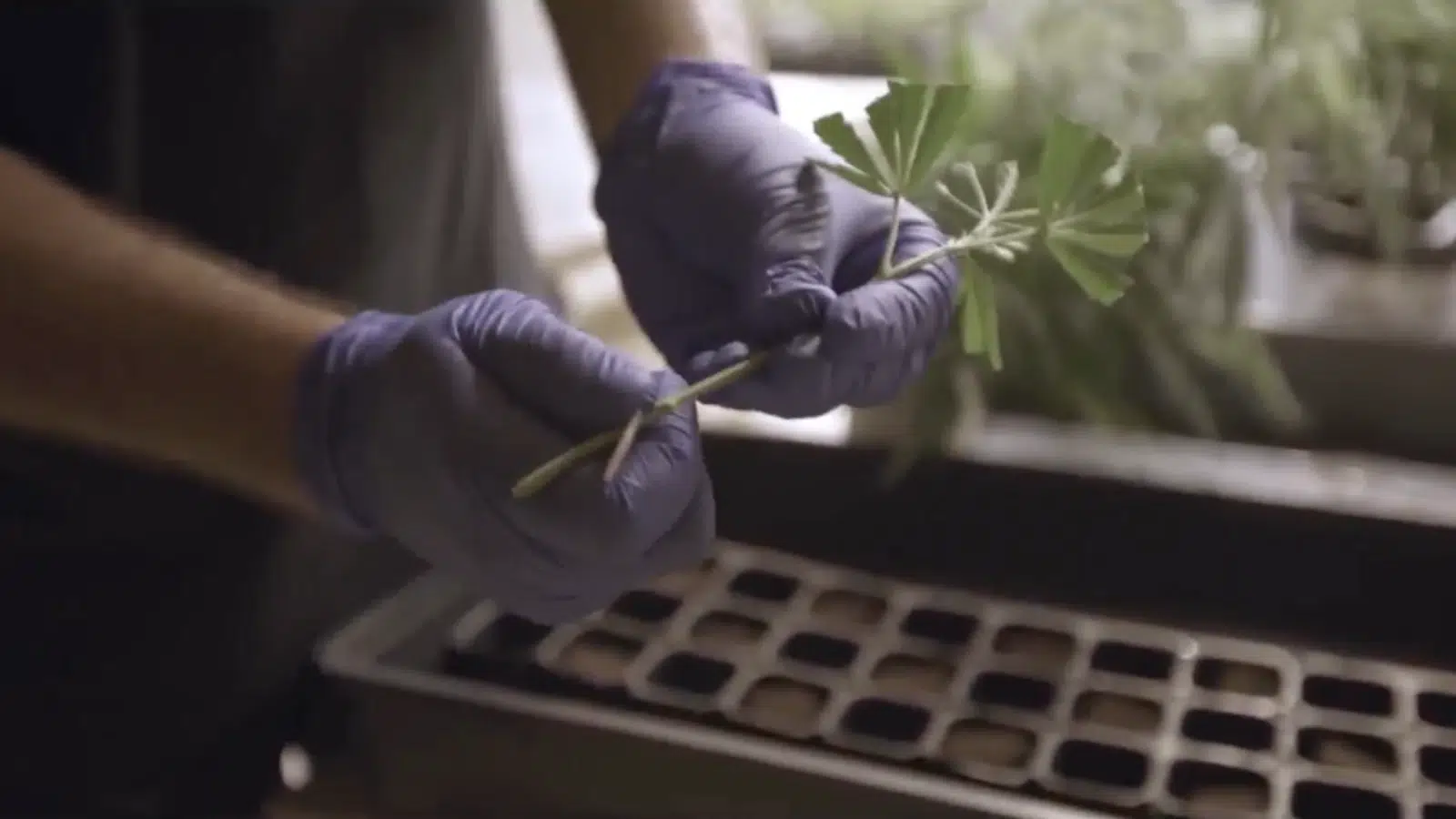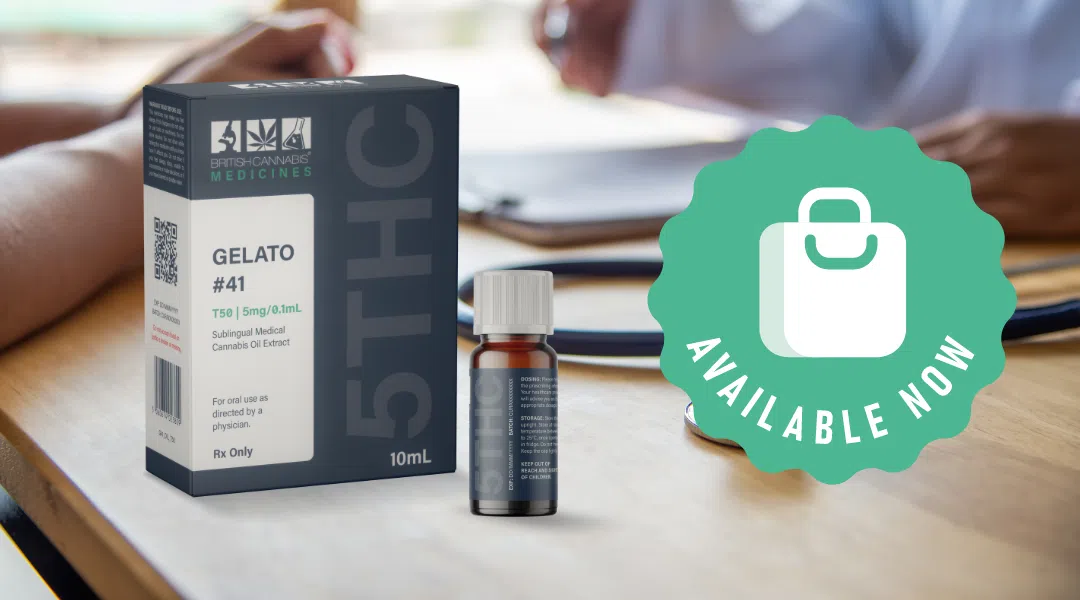
Trailblazing Psychiatrist Reveals Medical Cannabis Impacts on Autism and ADHD
Expert psychiatrist and cannabis clinician Dr. Tahzid Ahsan unveils his insightful revelations on the potential of medical cannabis in managing symptoms of ADHD and Autism. Despite the limited formal research, the promise of cannabis as a treatment strategy is becoming increasingly clear.
Key Takeaways:
- Autism and ADHD often coexist in patients, conferring a high statistical likelihood for them to turn up in a cannabis clinic.
- The lack of extensive studies shouldn’t diminish the potential role of cannabis in managing Autism and ADHD symptoms successfully.
- Strains of cannabis with balanced proportions of THC and CBD may enhance cognitive functioning and emotional regulation in patients with Autism and ADHD.
- Cannabis treatment has shown significant improvements in patients’ interactions with others, task concentration, and emotional tolerance.
A Ground-Breaking Case Study from Dr. Ahsan’s Cannabis Clinic:
The case of 32-year-old Anthony, diagnosed with ADHD and Autism, exemplifies the transformative impact of prescribed medical cannabis. Initial trials of traditional medicines provided minimal relief for Anthony’s symptoms. However, Anthony’s experience with cannabis prescriptions was nothing short of revolutionary.
Anthony’s preferred choices for treatment were high-THC sativa strains, but Dr Ahsan suggested a balanced mix of Sativa and Indica with THC and CBD to ensure more measured responses. This combination aimed to offer Anthony a more centred state of being.
The results exceeded expectations. The THC 10:CBD 10 blend significantly improved Anthony’s focus and emotional control. Further enhancements, including a shift to a strain known as Gorilla Glue for afternoon and evening use, further helped Anthony navigate his life, family responsibilities and interactions seamlessly.
What BRITISH CANNABIS™ Has To Say:
Unquestionably, the lack of full-scale scientific studies investigating the relationship between Autism, ADHD, and cannabis treatment remains a challenge. Yet, witnessing the transformation in patients like Anthony is potent evidence of the potential of medically prescribed cannabis.
This pressing need for research doesn’t negate the already observed benefits, nor should it hinder exploration in this untapped area of treatment. Our understanding and acceptance of new treatments should not solely hinge on the ‘gold standard’ of randomised control trials.
Importantly, cannabis stands as an alternative form of medical intervention, deeply rooted in ancient practices. The increasing recognition of ‘alternative’ treatments, including cannabis, psilocybin, and ketamine, is indicative of a paradigm shift in the medical world.
It’s about time we give our patients the best possible treatment options, even if it means venturing into tardily acknowledged territories. In this case, access to medical cannabis might just hold the key to ameliorating the lives of countless individuals struggling with Autism and ADHD.
Share this post
Newsletter







